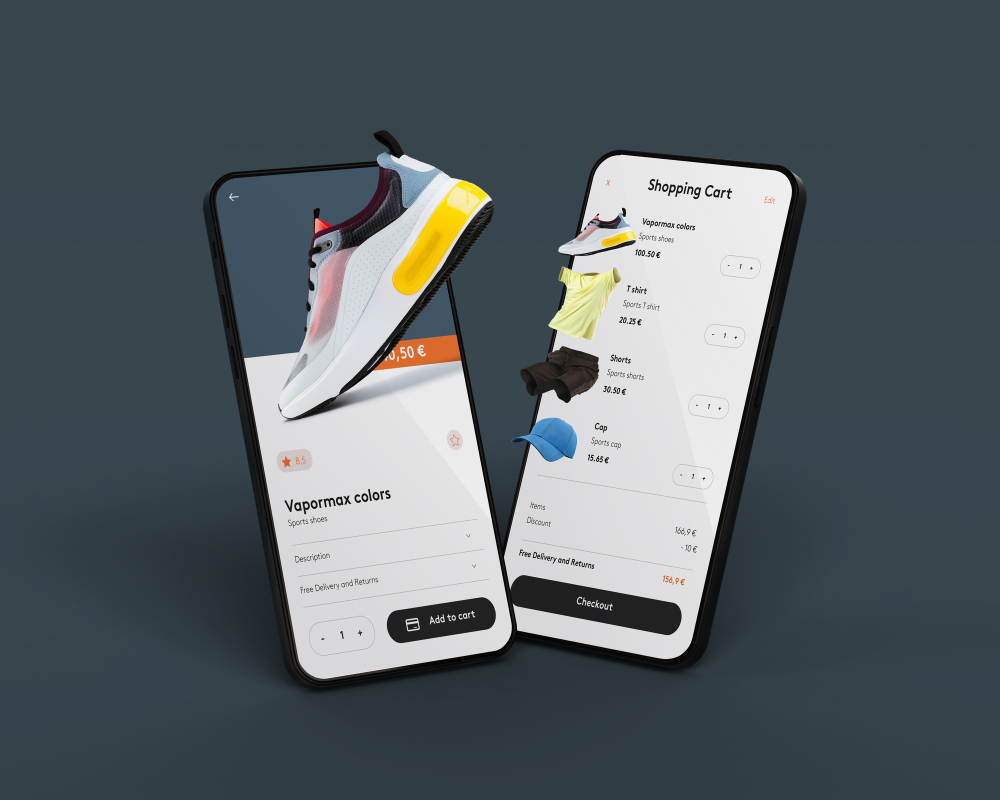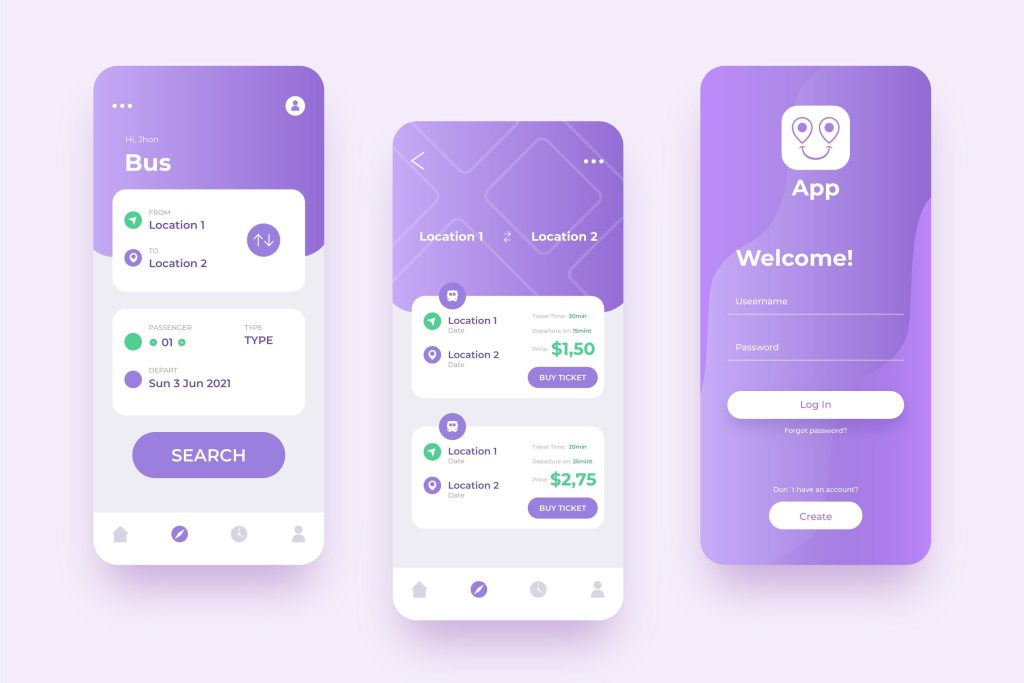
The Best Mobile App Framework in 2024: React Native vs Ionic
Facing a dilemma in choosing the right mobile app framework for your upcoming app in 2024?
Cross-platform app development has always been popular. Several cross-platforms app development tools and frameworks started to float in the market. Cross-platform frameworks allow developers to write code once and deploy it on multiple platforms, reducing development costs. Cross-platform development can significantly reduce the time required to bring an app to market.

Two such frameworks are: React Native vs Ionic . They suited best for enterprise app development. Both these frameworks are best as they allow building prototypes and publishing apps with a single source code.
Mobile App Framework| React Native Framework
React Native is an open-source UI software framework created by Meta Platforms, Inc. It is used to develop applications for Android, Android TV, iOS, macOS, tvOS, Web, Windows and UWP by enabling developers to use the React framework along with native platform capabilities.
Advantages of React Native
- Code Reusability and Pre-Developed Components
- Benefits of Live and Hot Reloading
- Cost-Effective Solution
- Simplified UI
Mobile App Framework| Ionic Framework
Ionic is a complete open-source SDK for hybrid mobile app development created by Max Lynch, Ben Sperry, and Adam Bradley of Drifty Co. in 2013. The original version was released in 2013 and built on top of AngularJS and Apache Cordova.
Advantages of Iconic
- Native-styled UI Components
- Easy Documentation
- Fast Testing Cycle
- Easy Learning Curve
React Native vs Ionic: A Head-to-Head Comparison
By now, you know more about Reactive Native and Iconic. Now let's discuss difference between React Native and Ionic.
| Features | React Native | Iconic |
| Created By | Drifty Co. | |
| Development Language | Primarily uses JavaScript and supports TypeScript. | Uses HTML, CSS, and JavaScript/TypeScript. |
| Functionality | Based on a dynamic runtime approach | Based on WebView Wrapper |
| Native Look and Feel | Provides near-native performance and appearance. | Utilizes a web view but may not achieve a fully native look. |
| Performance | Native Performance | Web-based performance with a native wrapper |
| User Interface | Native-like UI | Customizable UI with Ionic components |
| Learning Curve | Slightly steeper learning curve, especially for beginners. | Easier learning curve for web developers. |
| Use Cases | Facebook, Bloomberg, Skype | MarketWatch, Pacifica, McLaren Automotive |
React Native vs Ionic: Which is the best?
So, which framework should you choose for your next mobile app project? Well the answer is, it totally decision depends on your specific needs and priorities. React Native is preferred when you have the resources and time to build your project and you already have sufficient funds or a flexible budget to cover the high development costs.
Ionic is a suitable option when you plan to develop Progressive Web Apps (PWA) and you want to employ web development capabilities to deliver a web and mobile experience. Both React Native and Ionic have demonstrated remarkable potential as cross-platform app frameworks, each bringing its unique advantages to the table.